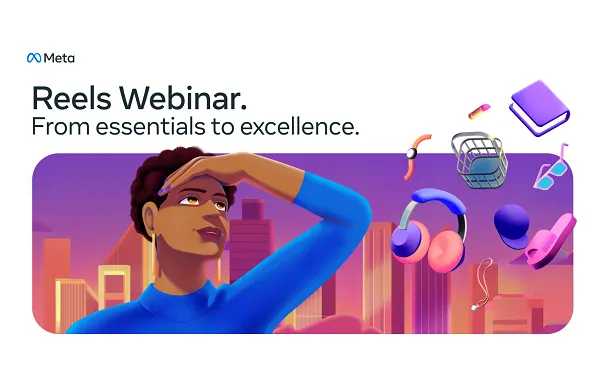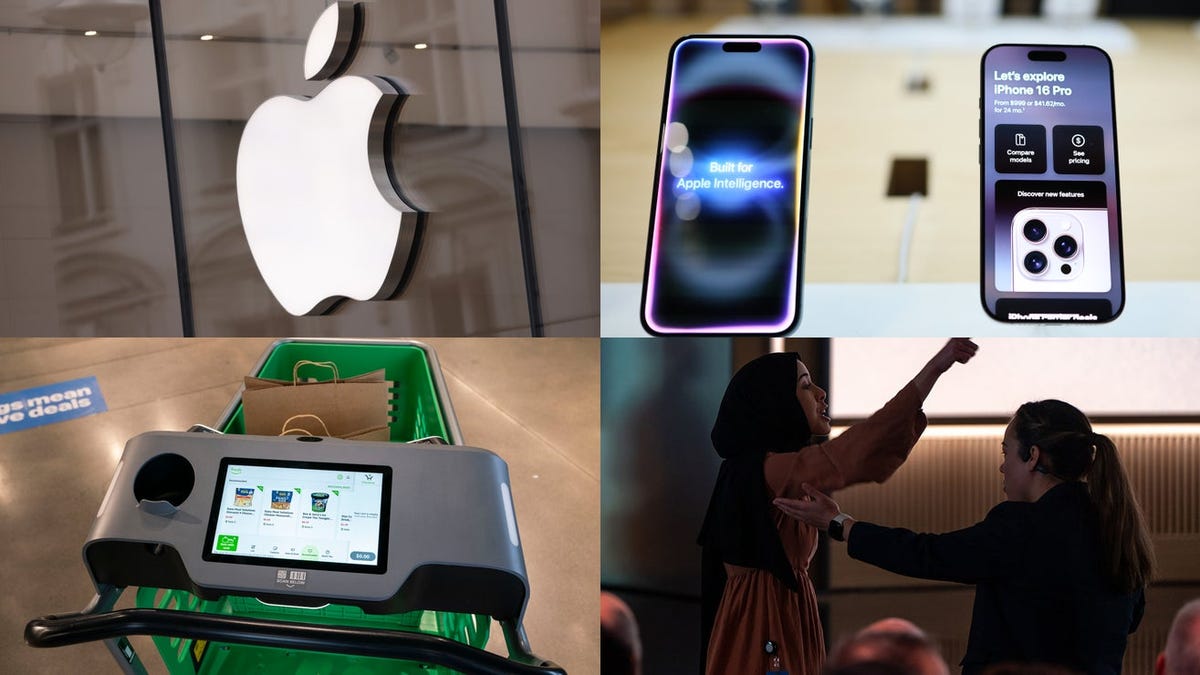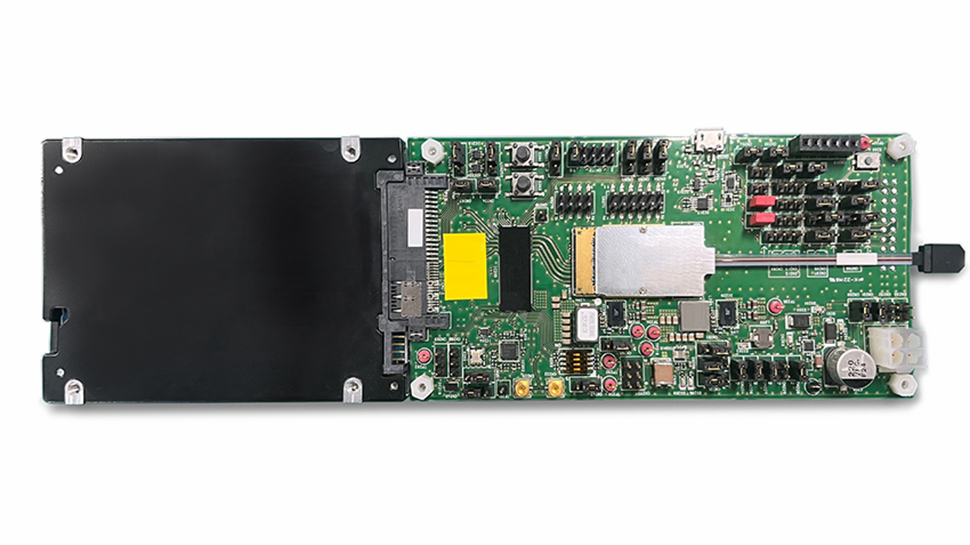How to scale smarter with AI agents
Today’s B2B CEOs are tasked with a delicate balancing act: driving growth, improving efficiency, and creating seamless customer experiences, all while navigating unprecedented market complexity. Meanwhile, the revenue professionals responsible for executing these goals face their own challenges. Buying journeys have become increasingly labyrinthine, with big buying teams and long sales cycles. Seventy-seven percent of B2B buyers say their last purchasing decision was very complex or difficult, with more than 800 interactions on average with potential vendors. Misalignment across revenue teams compounds the issue, making it nearly impossible to deliver efficient, relevant, and cohesive buyer experiences. This complexity creates a cycle of inefficiency, where teams work harder to achieve diminishing returns. Fortunately, we’re at a pivotal moment in technology. AI and data advances are empowering organizations to simplify complex revenue cycles. Among these innovations, AI agents offer a promising solution. AI agents aren’t simple software add-ons. They’re intelligent partners that enable teams to act faster, collaborate more effectively, and scale more strategically. Let’s explore how CEOs can equip their teams with AI agents to achieve sustainable growth. AI agents are partners, not tools AI agents represent a significant evolution in business technology. Unlike traditional software, which passively waits for human input, AI agents actively analyze data, surface opportunities, make recommendations, and drive results in real time. For CEOs, this distinction is critical. AI agents don’t just automate repetitive tasks; they perform work that aligns with strategic goals. From identifying early buying signals to optimizing customer engagement, AI agents seamlessly integrate into workflows to ensure every touchpoint is efficient, personalized, and impactful. In a world in which breaking down silos and acting on intelligence faster than competitors defines success, AI agents are the bridge between vision and execution. Why good data powers great outcomes AI agents are only as effective as the data that fuels them. AI agents are built on large language models (LLMs) trained on public data. That data can sometimes produce sketchy results—like when Google’s AI search raised (and then dashed) Disney fans’ hopes by describing the impending release of Encanto 2 because it pulled its data from a fan fiction site. The fallout of misinformation in business can do much more damage than simply disappointing movie-goers. Poor-quality data can lead to disjointed recommendations and faulty business decisions. Not only that, but if you only use public data to feed your AI agents, you’ll have the same output as everyone else relying solely on LLMs. The solution for this lies within a business’s own walls. Enterprises have massive amounts of data that LLMs have not seen. Feeding this data to AI agents allows them to produce differentiated, contextualized output. For instance, integrating intent data into a sales-focused AI agent’s “diet” yields personalized outreach based on individual prospects’ needs. It’s also important that the data AI agents use is clean, accurate, and comprehensive—and that it spans the entire revenue organization. Shared data ensures that AI agents can piece together the full picture of the buyer journey—from early intent signals to post-sale engagement. What CEOs get wrong about AI agents AI agents are difficult to implement. AI agents don’t necessarily require complex overhauls. Scalable, modular solutions make it easier than ever to adopt AI incrementally, starting with specific use cases and expanding as success builds.Example:Many of our customers quickly deploy our conversational email agent for one-use case (such as re-engaging closed/lost opportunities) and build from there. This enables teams to see the immediate value of AI agent-led contextual email conversations, while at the same time laying the foundation for broader adoption. AI agents are only about efficiency. While AI agents excel at streamlining processes, their real value lies in their ability to drive strategic outcomes across industries.Example:Johnson & Johnson uses AI agents in drug discovery to optimize chemical synthesis processes. AI enhances efficiency, but more importantly, it drives strategic advancements in pharmaceutical innovation by accelerating development timelines and improving cost-effectiveness. The ROI of AI agents: Real-world impact Harri, a global leader in workforce management technology for the hospitality industry, faced a challenge familiar to many CEOs—the need to scale engagement without increasing resources. To support their strong marketing team in generating demand, Harri implemented an AI agent through 6sense as part of its outreach strategy. The AI agent autonomously identified high-intent prospects and delivered timely, personalized messages a

Today’s B2B CEOs are tasked with a delicate balancing act: driving growth, improving efficiency, and creating seamless customer experiences, all while navigating unprecedented market complexity.
Meanwhile, the revenue professionals responsible for executing these goals face their own challenges. Buying journeys have become increasingly labyrinthine, with big buying teams and long sales cycles.
Seventy-seven percent of B2B buyers say their last purchasing decision was very complex or difficult, with more than 800 interactions on average with potential vendors. Misalignment across revenue teams compounds the issue, making it nearly impossible to deliver efficient, relevant, and cohesive buyer experiences.
This complexity creates a cycle of inefficiency, where teams work harder to achieve diminishing returns.
Fortunately, we’re at a pivotal moment in technology. AI and data advances are empowering organizations to simplify complex revenue cycles. Among these innovations, AI agents offer a promising solution.
AI agents aren’t simple software add-ons. They’re intelligent partners that enable teams to act faster, collaborate more effectively, and scale more strategically. Let’s explore how CEOs can equip their teams with AI agents to achieve sustainable growth.
AI agents are partners, not tools
AI agents represent a significant evolution in business technology. Unlike traditional software, which passively waits for human input, AI agents actively analyze data, surface opportunities, make recommendations, and drive results in real time.
For CEOs, this distinction is critical. AI agents don’t just automate repetitive tasks; they perform work that aligns with strategic goals. From identifying early buying signals to optimizing customer engagement, AI agents seamlessly integrate into workflows to ensure every touchpoint is efficient, personalized, and impactful.
In a world in which breaking down silos and acting on intelligence faster than competitors defines success, AI agents are the bridge between vision and execution.
Why good data powers great outcomes
AI agents are only as effective as the data that fuels them. AI agents are built on large language models (LLMs) trained on public data. That data can sometimes produce sketchy results—like when Google’s AI search raised (and then dashed) Disney fans’ hopes by describing the impending release of Encanto 2 because it pulled its data from a fan fiction site.
The fallout of misinformation in business can do much more damage than simply disappointing movie-goers. Poor-quality data can lead to disjointed recommendations and faulty business decisions.
Not only that, but if you only use public data to feed your AI agents, you’ll have the same output as everyone else relying solely on LLMs.
The solution for this lies within a business’s own walls. Enterprises have massive amounts of data that LLMs have not seen. Feeding this data to AI agents allows them to produce differentiated, contextualized output. For instance, integrating intent data into a sales-focused AI agent’s “diet” yields personalized outreach based on individual prospects’ needs.
It’s also important that the data AI agents use is clean, accurate, and comprehensive—and that it spans the entire revenue organization. Shared data ensures that AI agents can piece together the full picture of the buyer journey—from early intent signals to post-sale engagement.
What CEOs get wrong about AI agents
- AI agents are difficult to implement. AI agents don’t necessarily require complex overhauls. Scalable, modular solutions make it easier than ever to adopt AI incrementally, starting with specific use cases and expanding as success builds.
Example:Many of our customers quickly deploy our conversational email agent for one-use case (such as re-engaging closed/lost opportunities) and build from there. This enables teams to see the immediate value of AI agent-led contextual email conversations, while at the same time laying the foundation for broader adoption. - AI agents are only about efficiency. While AI agents excel at streamlining processes, their real value lies in their ability to drive strategic outcomes across industries.
Example:Johnson & Johnson uses AI agents in drug discovery to optimize chemical synthesis processes. AI enhances efficiency, but more importantly, it drives strategic advancements in pharmaceutical innovation by accelerating development timelines and improving cost-effectiveness.
The ROI of AI agents: Real-world impact
Harri, a global leader in workforce management technology for the hospitality industry, faced a challenge familiar to many CEOs—the need to scale engagement without increasing resources. To support their strong marketing team in generating demand, Harri implemented an AI agent through 6sense as part of its outreach strategy. The AI agent autonomously identified high-intent prospects and delivered timely, personalized messages at scale, enabling Harri to engage buyers more efficiently and effectively.
The results:
- They generated more than $12 million in pipeline and $3 million in closed/won deals in just one quarter.
- Campaigns achieved a 34% view-through-rate (VTR) rate, far exceeding the initial goal of 20%.
- They scaled marketing efforts without compromising on personalized engagement.
By scaling outreach, improving engagement, and targeting high-value opportunities, Harri took pressure off its team, while achieving significant growth and enhancing the buyer experience.
Pave the way for smarter growth
AI agents are still so new that CEOs who aren’t using them yet can get ahead of the competition by learning to incorporate them now. These agents simplify complexity, align revenue teams, and deliver results. By integrating AI agents, CEOs can create seamless, personalized buying journeys that meet today’s expectations while driving growth.
With significant AI advancements ahead, having a clear strategy is essential. By proactively adopting AI agents, organizations can address challenges and position themselves for sustained success in a rapidly evolving market.
Jason Zintak CEO of 6sense.






























































































































































































![How to Find Low-Competition Keywords with Semrush [Super Easy]](https://static.semrush.com/blog/uploads/media/73/62/7362f16fb9e460b6d58ccc09b4a048b6/how-to-find-low-competition-keywords-sm.png)


